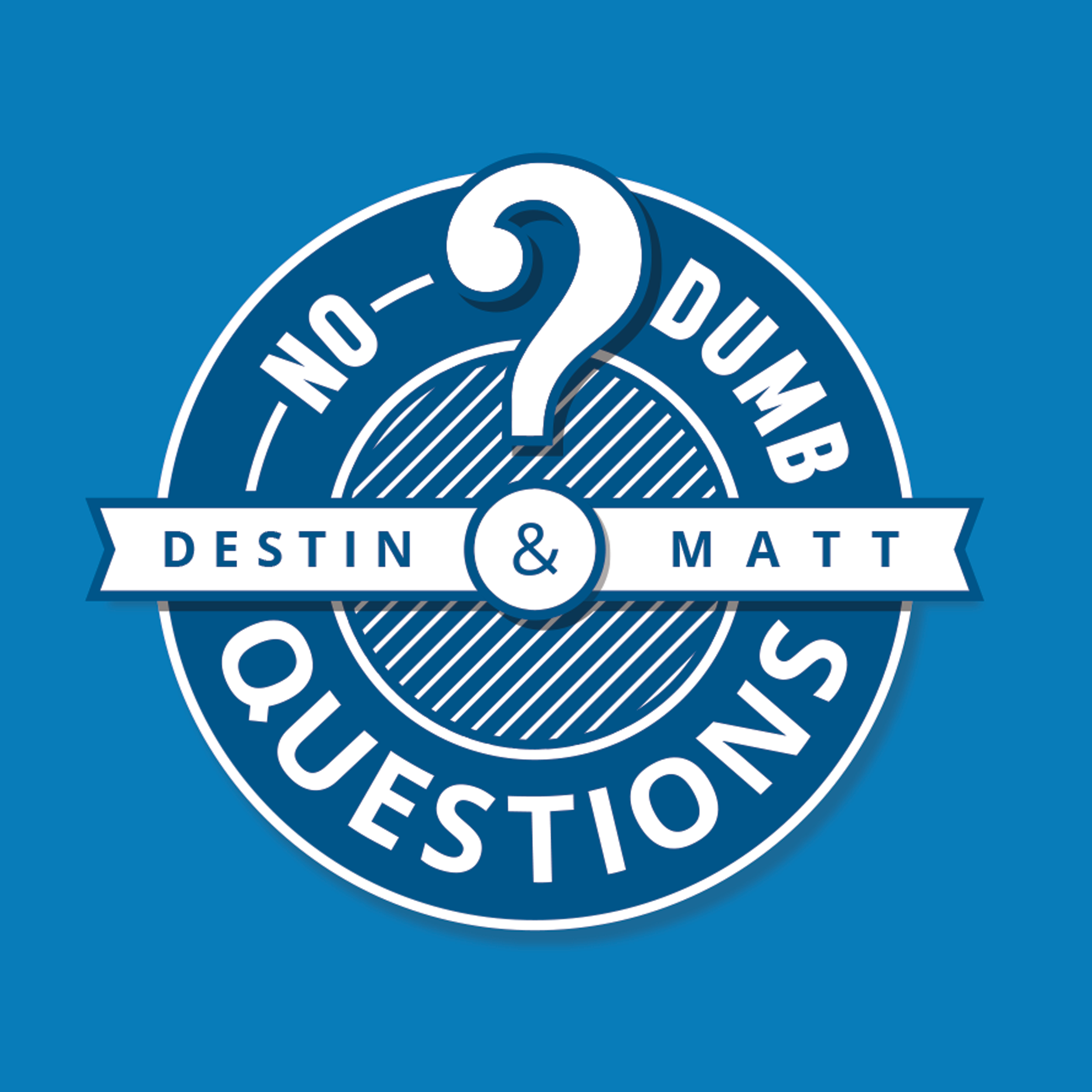
214 - Who Saved the Most Lives?
Get the full experience! Sign up to access transcripts, personalized summaries, and more features.
Episode Description
THIS EPISODE BROUGHT TO YOU BY:
You'll notice that there's no sponsor in this episode. We'd love it if you'd consider supporting on Patreon.
PATREON - patreon.com/nodumbquestions
NDQ EMAIL LIST - https://www.nodumbquestions.fm/email-list
STUFF IN THIS EPISODE:
Mohenjo-Daro and its sewer system
How Armadillos Can Spread Leprosy
Kudzu: The Invasive Vine that Ate the South
CONNECT WITH NO DUMB QUESTIONS:
Support No Dumb Questions on Patreon if that sounds good to you
Our website is nodumbquestions.fm
SUBSCRIBE LINKS:
OUR YOUTUBE CHANNELS ARE ALSO FUN:
Matt's YouTube Channel (The Ten Minute Bible Hour)
Destin's YouTube Channel (Smarter Every Day)
Listen to Episode
AI-Generated Summary
Who Saved the Most Lives?
The hosts dive into a thought-provoking question about who has saved the most lives in history. They explore various avenues defining what it means to save a life, debating potential candidates, and discussing different methods of life-saving.
Historical Examples of Life-Saving Figures
The conversation shifts to prominent historical figures, including Alvin York, a World War I hero, and renowned medical advancements such as vaccines and penicillin. The hosts reflect on how these contributions have had a profound impact on saving lives.
The Role of Civil Engineering and Sanitation
An interesting discussion arises regarding the evolution of sewage systems and public sanitation. They highlight individuals like Thomas Crapper and the engineers behind sewage systems and how they have drastically reduced disease and saved countless lives.
Heroism and Momentary Acts of Bravery
The hosts contemplate examples of individual heroism, discussing figures like Stanislav Petrov, who is credited with averting nuclear war through decisive action. They philosophize about the weight of these individual moments compared to systemic contributions to life-saving.
The Influence of Agriculture and Engineering
The conversation takes a turn toward the significance of agriculture and technological advancements in life-saving measures, mentioning farmers, engineers, and their contributions to food security and public health.
Ethical Dilemmas in AI and Genetic Engineering
In a twist, the hosts ponder future ethical considerations involving artificial intelligence and genetic manipulation. They explore the potential risks and benefits, ultimately leaning towards a cautious approach to combining biological and digital systems.
Ready to get started?
Join other podcast enthusiasts who are getting podcast summaries.
Sign Up Free
